A statewide freeze on Colorado’s Child Care Assistance Program (CCAP) is putting thousands of families in a difficult position and forcing providers to absorb major financial losses. Advocates warn the freeze could continue for years unless the federal government steps in.
At Denver’s Warren Village Early Learning Center, president and CEO Ethan Hemming said the nonprofit has lost between $27,000 and $40,000 in revenue since April due to the halt in CCAP enrollments.
“That’s revenue we would typically receive from CCAP,” Hemming said.
The freeze, which began on January 1, prevents new families from joining the program, which helps low-income households afford licensed child care.
The funding pause is tied to new federal regulations and the end of COVID-era relief money.
In 2024, the federal government introduced new rules requiring states to raise provider reimbursement rates and cap family copayments at 7% of income—changes broadly supported by the child care sector.
However, these mandates came without additional federal funding, leaving states like Colorado with significant shortfalls.
Dawn Alexander, executive director of the Early Childhood Education Association of Colorado, said the state now faces a $48 million annual deficit because of the unfunded requirements.
“Right now, about 50% of community-based programs aren’t financially sustainable,” Alexander said. “If counties can’t serve low-income families through CCAP, it’s devastating—and it’s going to get exponentially worse.”
The association estimates that about 7,500 children are currently without access to care due to funding constraints.
Alexander added that Colorado would need at least $20 million more each year just to meet market rates and support more families.
“Unless the federal rules are rescinded, we won’t be able to lift these freezes for three to five years—maybe even ten,” she said.
For parents like Genesis Zambrana, a teacher and mother at Warren Village, the freeze has created growing anxiety.
“There’s this constant stress and uncertainty,” Zambrana said. “It feels like a snowball effect.”
The Colorado Department of Early Childhood says the new federal guidelines benefit families already enrolled by lowering their copays and improving reimbursement rates for providers, aligning payments more closely with actual child care costs.
“Congress has not increased federal funding to cover these new requirements, which came after stimulus funds ran out. Without additional funding, the only option is to serve fewer families,” the department said in a statement.
As part of the freeze, counties must track and report waitlisted families, with data published monthly on the department’s website.
The Early Childhood Education Association has submitted formal comments to federal officials requesting deregulation or more funding, but there’s no timeline for a response.



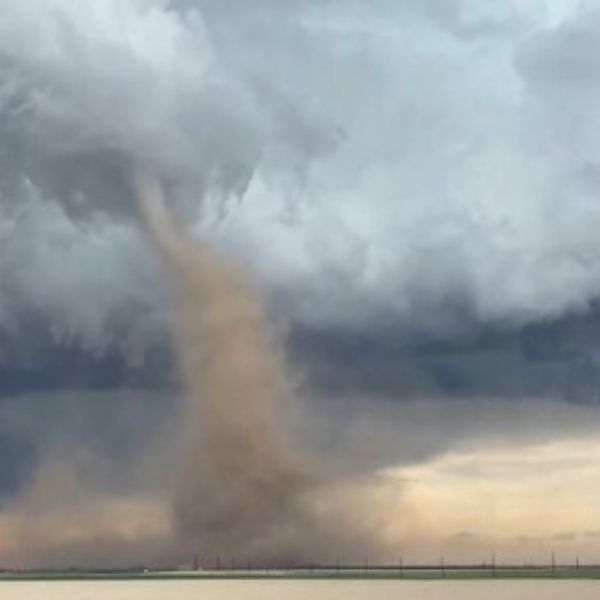

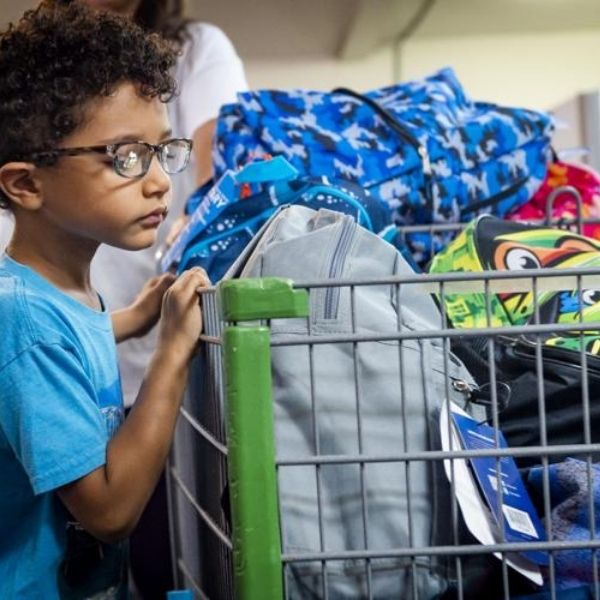
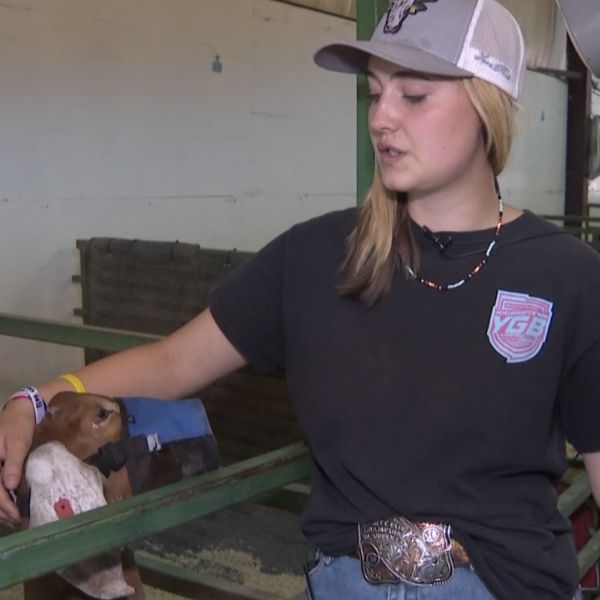


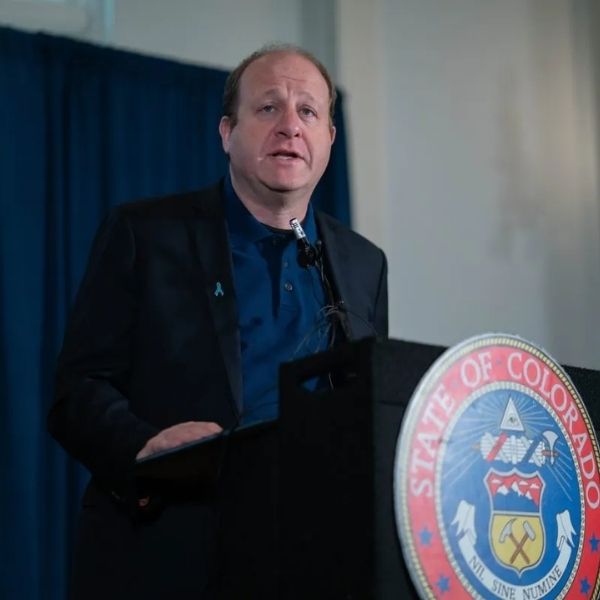
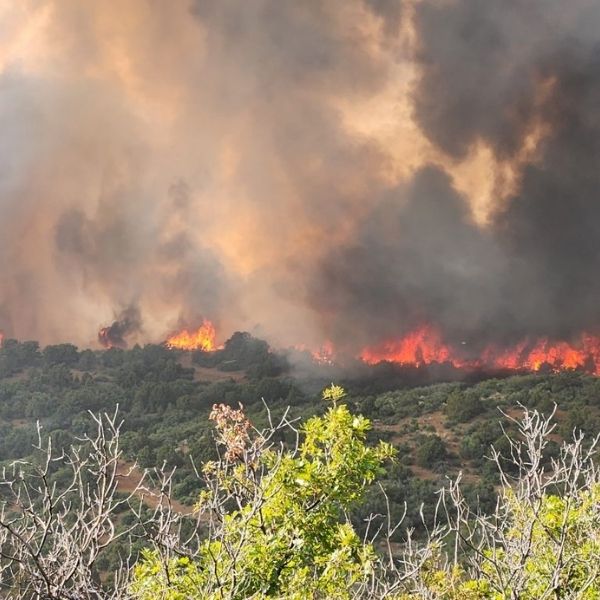





Leave a Reply